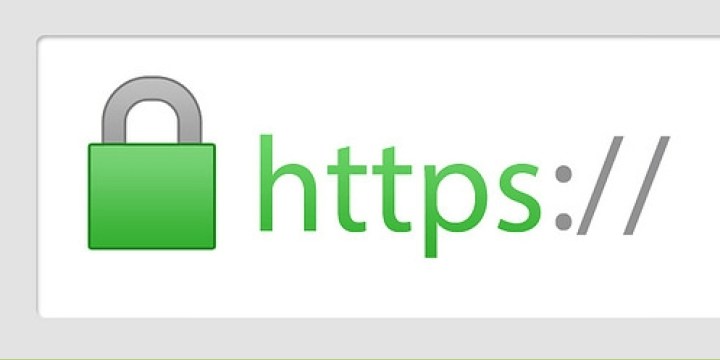You might have a faint idea about SSL, but do you know why your blog and website should have it? If you are serious about your website, then you definitely want to get one on your site to improve website security and create a trustworthy relationship with your visitors.
Here’s a quick look at SSL, answering the most common questions of what it is, why you need it and how to get it.
What is SSL?
SSL stands for Secure Sockets Layer. It is used for transmitting data over the Internet from the website you’re visiting to its servers. This could include any information you enter on the site, including bank details, passwords or addresses for online purchases. When you have an SSL certification on the site, you know the information being entered is transmitted in encrypted format. The SSL certificate simply adds random characters into the original information and thus makes it unreadable for anyone other than the person entering it. All of this to reduce the risk of hackers getting their hands on the information you entered on the site.
You can notice if a page is SSL certified from a few signs right on your browser. First, it might have a padlock right next to the address to identify the website is officially certified. The address might also be written in the format of ‘HTTPS’ instead of ‘HTTP’. If these are missing, the website doesn’t have a security certification and you might want to be wary about any information you hand out on the site.
Why you need SSL?
As you might gather from the information above, SSL is an essential part of boosting a website’s security. It ensures your visitors that any information they are asked to enter on the site, won’t be easily accessed by other people – especially criminals. It ultimately is a tool to provide peace of mind, not just for your visitors, but for you also. Your website is not an easy target for hackers and you don’t have to worry about the information you enter on the site being stolen or used for unlawful purposes.
How can you add SSL on your website?
Getting your hands on an SSL certification is not difficult. Big hosting companies often provide it as part of their service or as an additional feature you can buy. The standard certificate, which is good for most websites, costs only around US$10 to US$100 a year. So check for companies like GoDaddy and Bluehost to compare different prices; you can find discounts for hosting services at OZCodes.com.au for additional savings.
If you’re not the host of the server, you need to first provide proof (documents showing you are the legal owner of the website and that you are who you say you are) for the host company. The certificate comes in a handy installation file and you can easily install it on your server in a manner of minutes. Bigger businesses and e-commerce sites might require something a bit more expensive, but for starter websites the standard certificate is sufficient.
So, if you are running a website that asks visitors to give out information, you definitely need to get an SSL certificate to boost security and site reach and results. It’ll definitely be worth the small initial cost.


